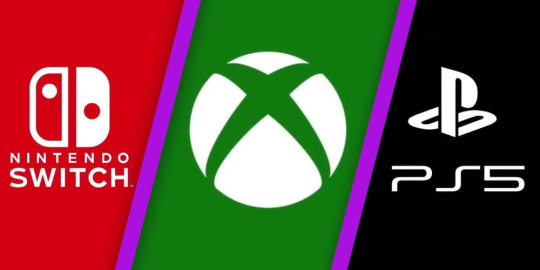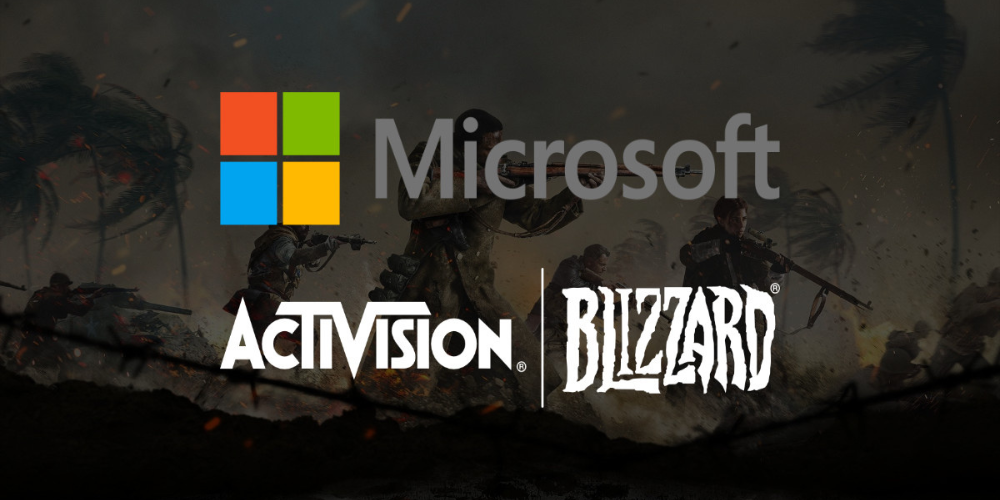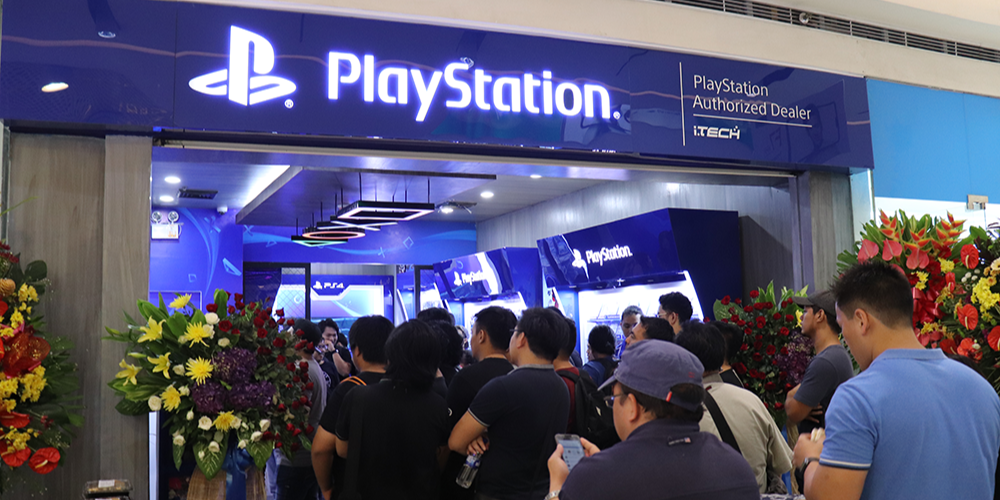
The Magnetism of Exclusive Games
Gaming consoles have long been battling for market dominance, and exclusive titles play a critical role in attracting consumers. Exclusivity means that some games are only available on one console and not on others. This strategy creates a unique selling point that can lure gamers to invest in a particular system over its competitors. These games often showcase the best of what a console has to offer, both in terms of graphics and gameplay capabilities.
Brand Identity and Loyalty Through Exclusives

Exclusive titles contribute significantly to the establishment of brand identity for console manufacturers. These unique games set consoles apart in a crowded market, often defining the essence and appeal of a particular system. A strong lineup of exclusives can cement a brand's reputation within the gaming industry, serving as a powerful marketing tool. Franchises like Nintendo's "Super Mario" or Sony's "God of War" become synonymous with their respective consoles, creating a distinct identity that resonates deeply with gamers.
These titles are more than just games; they are cultural touchstones that build an emotional connection and foster loyalty among fans. Players grow up with these characters and stories, forming lasting memories that tie them to the console brand. This loyalty often translates into purchasing new systems just to continue playing their favorite series, demonstrating how exclusives can drive hardware sales and ensure a secure, devoted customer base. Ultimately, exclusives are a crucial element in differentiating consoles, sustaining brand identity, and cultivating a dedicated community of enthusiasts.
Innovation and Competition Drive Excellence
The need to outdo rivals pushes console manufacturers to invest heavily in exclusive titles, often leading to significant innovations in game design, storytelling, and technology. This fierce competition stimulates the development process, compelling companies to experiment with new mechanics, narrative techniques, and cutting-edge graphics to stand out in a crowded market.
As a result, the overall quality of video games improves markedly as these companies strive to deliver compelling and impressive experiences that justify their exclusives status. Frequently, these exclusive titles set new benchmarks for the industry, influencing design choices and gameplay mechanics across various platforms. Moreover, these games often garner critical acclaim and a loyal fan base, driving up both sales and the prestige of the console they are tied to.
In essence, the rivalry among console manufacturers not only enriches the gaming experience for players but also propels the entire industry forward, setting new standards and trends within the gaming community while fostering an environment where excellence is continually pursued.
The Economics Behind Exclusivity Deals

Beyond branding benefits, there's a substantial economic incentive for gaming companies to negotiate exclusivity deals. Financing or developing an exclusive game is costly, but significant rewards can be reappeared by boosting console sales and thus expanding the user base for online services and future game sales. Despite initial high investment costs, the long-term returns can be substantial if the title helps shift console units off shelves.
The increased user base not only elevates the company’s market presence but also creates a consistent revenue stream through subscription services, downloadable content, and in-game purchases. Additionally, exclusive titles can generate substantial buzz and media attention, further solidifying the brand's position in the competitive gaming industry. The economic ripple effects extend beyond initial sales, as a successful exclusive game can foster brand loyalty and encourage consumers to invest in other products and services from the company. This strategic move can also deter potential customers from switching to competing platforms, ensuring a more stable and loyal customer base in the long run.
Impact on Consumer Choice
The existence of exclusive games undeniably affects consumer choice when it comes to purchasing a new console in ways that extend beyond mere preference. These exclusive titles often serve as a primary selling point for a console, embodying unique experiences that cannot be found on competing platforms. Therefore, many gamers are willing to select a console-based solely upon the strength of its exclusive offerings, even if it means missing out on other multi-platform releases available elsewhere.
This tendency underscores the profound loyalty and anticipation that certain franchises can cultivate among their fanbases. New and unexpected exclusive titles can also generate considerable hype and excitement, driving pre-orders and sales in unprecedented ways. Thus, exclusivity deals can significantly skew the market dynamics by swaying public choice towards one platform over another, effectively creating a competitive edge.
The success of exclusives can lead to increased brand loyalty, higher console sales, and a more engaged user base while also fostering a sense of community among players who share the same gaming experiences. With such profound implications, exclusivity is a strategic tool that companies wield to shape the competitive landscape of the gaming industry, demonstrating its pivotal role in determining consumer behavior and market outcomes.
Leveraging Exclusive Titles for New Market Trends
 As technology continues to advance at an unprecedented rate, it brings with it a wave of new trends that are reshaping the landscape of digital entertainment. Among these emerging trends, cloud gaming and virtual reality stand out as revolutionary shifts in the way people engage with interactive experiences. Recognizing the potential of these frontiers, console manufacturers are not merely adapting but strategically positioning themselves by creating exclusive content designed specifically to harness the unique capabilities of these platforms. By doing so, they ensure a foothold of continual dominance across various market segments.
As technology continues to advance at an unprecedented rate, it brings with it a wave of new trends that are reshaping the landscape of digital entertainment. Among these emerging trends, cloud gaming and virtual reality stand out as revolutionary shifts in the way people engage with interactive experiences. Recognizing the potential of these frontiers, console manufacturers are not merely adapting but strategically positioning themselves by creating exclusive content designed specifically to harness the unique capabilities of these platforms. By doing so, they ensure a foothold of continual dominance across various market segments.
A Striking Balance: Benefits Beyond Brand Affinity
In conclusion, it is imperative to recognize exclusive titles as more than mere instruments for nurturing brand loyalty among gamers. These unique offerings are indeed central, influential forces that serve to propel the gaming industry forward, catalyzing innovation and shaping the trends that define what is cutting-edge in the realm of interactive entertainment.
These games often push the boundaries of technology, storytelling, and gameplay mechanics, setting new standards and expectations for what video games can achieve. Furthermore, exclusive titles play a critical role in affecting the purchasing decisions of consumers, swaying them toward one console over another based on the allure of playing a must-have game unavailable on competing platforms.
By strategically wielding the power of exclusive content, gaming console manufacturers are equipped to carve out distinct niches within the market, enabling them to cultivate a unique image and personality for their brand. This differentiation is essential in a field where technological advancements are rapid, and consumer preferences are ever-evolving. Not only do exclusives help in forging a strong and memorable brand identity, but they also contribute to the longevity and relevance of a gaming console in an industry marked by fierce competition and constant change.
The sustained draw of highly anticipated exclusive titles ensures that even as new players enter the market and established ones evolve, gaming consoles that master the art of delivering exclusive content can maintain a loyal fan base and a position of prominence within the gaming community. Therefore, exclusivity is not a mere marketing gimmick; it's a strategic move of paramount importance with lasting implications on the industry's landscape and the dynamics between consumers, developers, and console manufacturers.